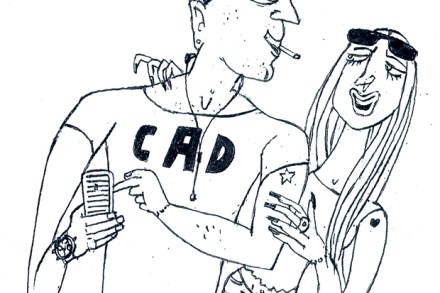If you prefer banal symbols freighted with meaning to plot, Nicola Barker is your woman
More from BooksReaders familiar with Nicola Barker’s hyper-caffeinated style will be surprised by the almost serene first few chapters of her latest novel. It’s 1984 and we are in Pett Level, Hastings, a marginal location even by Barker’s standards (previous novels have been set in Luton, Ashford, and the Isle of Sheppey), and a well-travelled man named





























